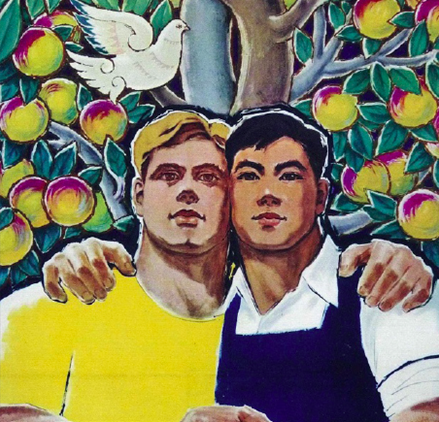This lecture course comparatively and transnationally investigates twentieth-century communism as a modern civilization with a global outreach. It looks at the global spread of communism as an ideology, an everyday experience, and a form of statehood in the Soviet Union, Europe, Asia (i.e.Mao’s China), and post-colonial Africa. With the exception of North America and Australia, communist regimes were established on all continents of the world. The course will examine this historical process from the October Revolution (1917) to the Chernobyl nuclear disaster (1986), which marked the demise of the communist state. The emphasis is not just on state-building processes or Cold War politics but primarily on the social, gender, cultural and economic policies that...
 Donate
Donate

